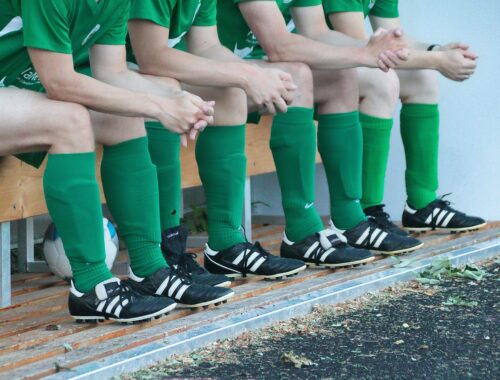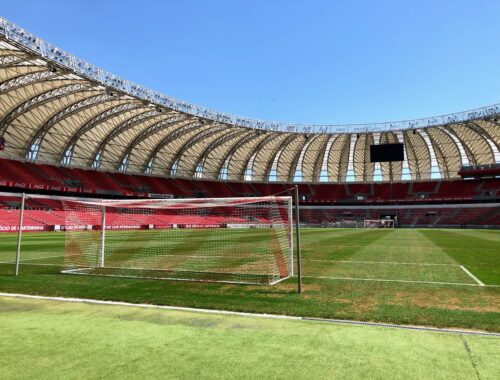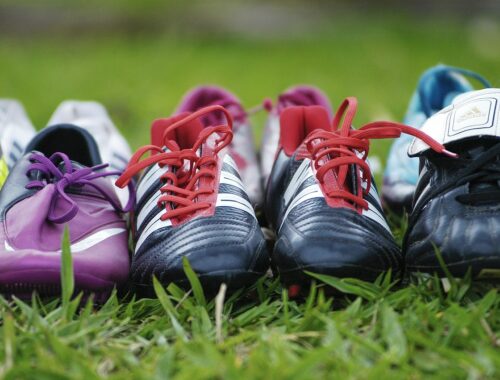Dispute Between Player & Club
Like any workplace, a football club will experience disputes both with its own employees and between employees within the club; these disputes whereby they affect the playing/sporting aspect of the club can be hugely damaging for both the club and the employee (i.e. player).
The damage to club and player in such disputes is often underestimated by so many, as not only does it potentially damage the performance of the team and affect morale but it can also have an impact on the club and player in terms of finance and reputation.
Although not immediately evident to many, some player-club disputes go unresolved as they are deemed to be low value and/or unimportant – which can be very damaging to both player and club. Just one such example is the release of young players on YD7 or YD10 forms whereby a player’s opportunities to develop a career away from a club that has released him/her is hampered by compensation being due. Yet, should the same player not be able to demonstrate their footballing ability and value elsewhere, subsequent financial compensation due to the club in developing the player is lost.
To assist in these matters Sentinel can apply sporting, civil, commercial and also workplace mediation practices to assist in resolving such disputes in a confidential, timely and cost-effective manner to mitigate the risks of disputes becoming damaging for both club and player – either by resolving the dispute in a way that repairs the club-player relationship, or allows for them to agree a ‘parting of the ways’ that limits damage and loss for both disputants.
Damaging to A Players Reputation & Their Value to The Club
A player labelled to be ‘troublesome’ due to their behaviour and attitude due to an unnecessary dispute may as a result of reputational damage that will affect their market value, wage value, as well as possibly their sporting performance (i.e. not playing regularly) in a career which many accept is very short and players have to make the most of their playing days.
Likewise even when the player is branded in such a way it is damaging to the club, as they effectively have an asset that is potentially deprecating their value in the transfer market as well as an asset that quickly becomes an unnecessary cost (wages) if not liability (influence) for the club
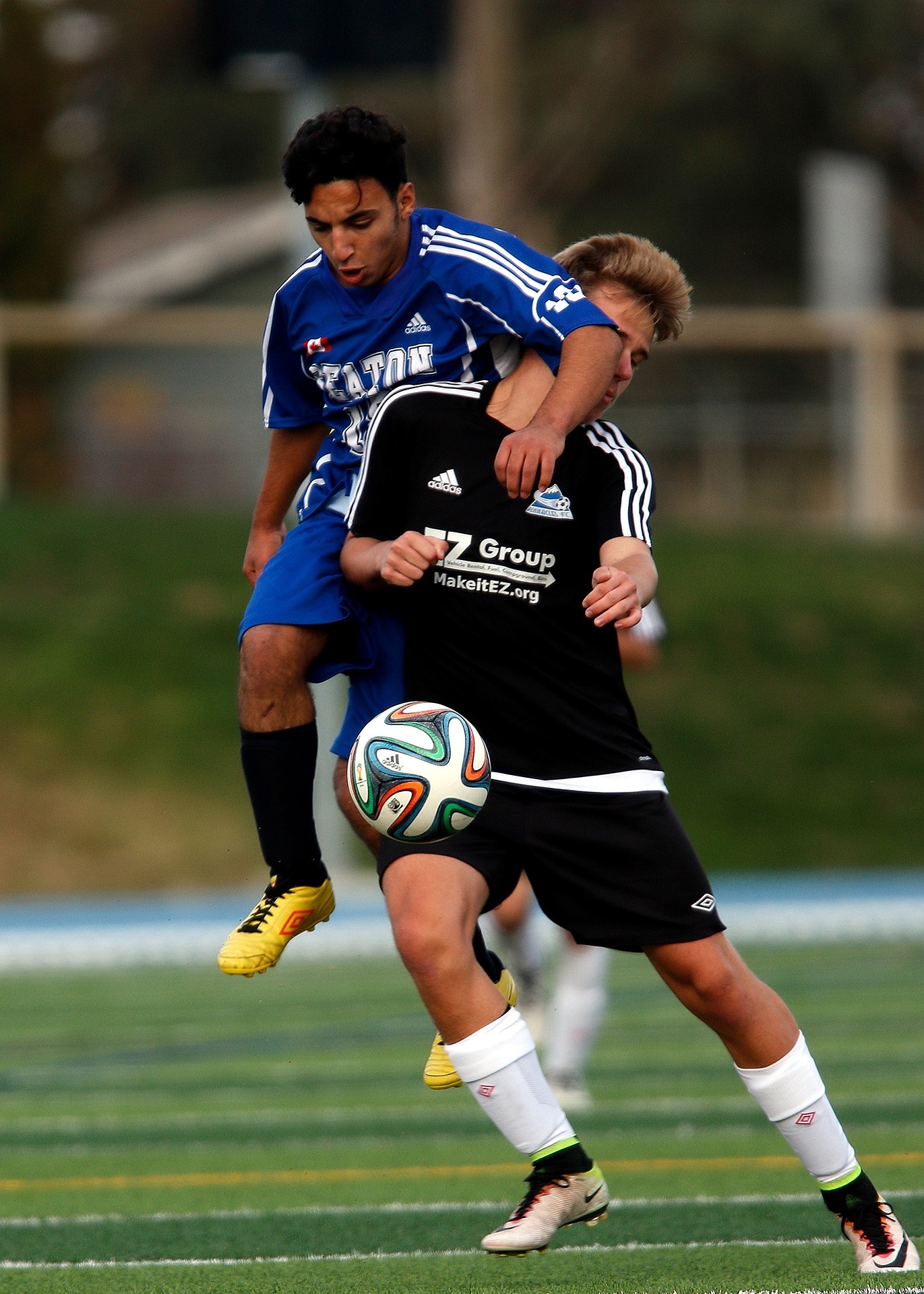

Accredited Mediators With CMC, IMI and Emc
Sentinel mediators are all recognised and qualified through the CMC (Civil Mediation Council) and/or the IMI (International Mediation Institute). This ensures mediators undertake CPD, follow established standards and employ a recognised complaints procedure.
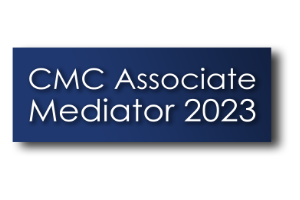


In addition to this, Sentinel mediators have past experience in a variety of practical roles within football whether it be as club officials, agents, players or as officers of football related associations and bodies.
Mediation in Football
Given the nature of football in terms of its competitive (both on the pitch and off it) and increasingly lucrative nature; the grounds for disputes have grown as has the sport (and the industry).
Whilst disputes in football have grown in number, value and complexity; the means for resolving such disputes have arguably failed to develop in capacity at the same pace.
Through mediation, Sentinel are able to offer football participants a cost-effective, quick, impartial and confidential means to resolve their football disputes. In addition to this there is no winner and loser in mediation, we like to think of it as a ‘mutually beneficial draw in the group, stages allowing both teams to be content with a place in the next round’.


